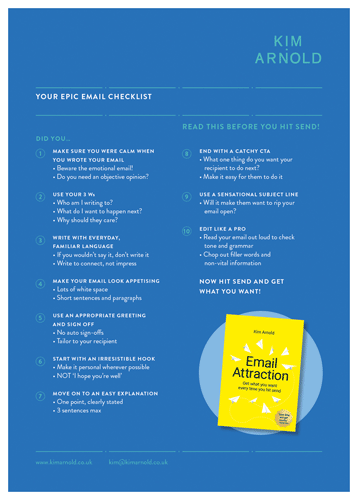She was tiny, flexible as a Cheestring and mean as hell.
The yoga teacher I came across a couple of years ago was about as far removed from my idea of a spiritual yogi as you could get.
Cheestring’s classes were supposedly for beginners, but were, in reality, only attended by lithe young women who could scratch their ears with their heels and pull off a hot pink hotpant.
Oh, and me.
She spitefully refused to use anything other than the official names for poses, littering her teaching with Adho Mukha Svanasanas and Pincha Mayurasanas and something that sounded very much like Chattanoogachoochoo.
Her cruel eyes bored into me as I blundered my way cluelessly through the moves, silently begging it to end.
And finally, whilst my genetically-blessed classmates flipped themselves effortlessly into handstands, Cheestring hissed at me to ‘sit in the corner and reflect on my poor practice’.
I left the class broken, vowing never to return.
So why am I over-sharing my middle-class horror story with you?
(It’s not therapy, honest. I’m over it. Really. I almost never think about those beady eyes anymore. Well not more than once a day year.)
I’m sharing it because it’s a lesson in the alienating effect of jargon.
Now Cheestring clearly didn’t care what I felt, but if you care about what your clients think then you’d do well do avoid any jargon.
Defined as ‘special words or expressions used by a profession or group that are difficult for others to understand,’ jargon rarely helps us to connect with our customers.
It’s not just acronyms and technical terms, but it’s also the kind of language that you might just take for granted in your industry, that you use without thinking.
The kind of language that makes your clients work harder to understand you.
So, coaches: you can do better than ‘self-realisation’ (what even IS that?!)
Tech experts: pause before you wheel out the ‘data architecture’ (say whaaat?)
Social media managers: lose your ‘impressions’ (apparently nothing to do with impersonations)
Jargon rarely makes you sound clever and or puts others at ease. In fact, it places an invisible barrier between you and your customers, emphasising the fact that you aren’t in the same world.
So wherever possible:
- use plain English and words that your clients use every day (check out the great list in next section)
- explain any necessary jargon clearly or check with your clients that they’ve understood before continuing (even the most knowledgeable of clients may not know as much as you)
- use examples and stories to make your points crystal clear (the best and easiest ways to bring your points to life)
So please don’t alienate your clients with avoidable jargon. You might just leave them scarred for life like me…


